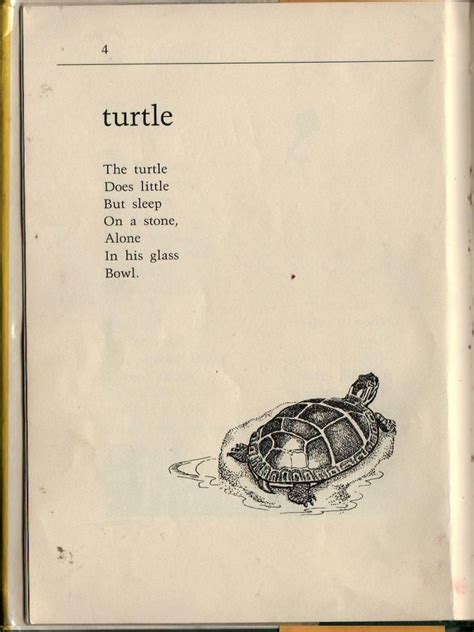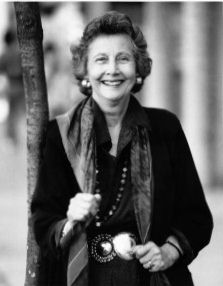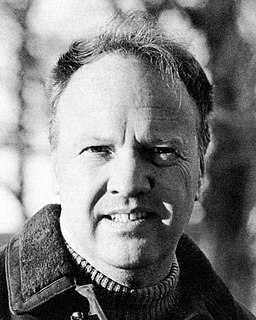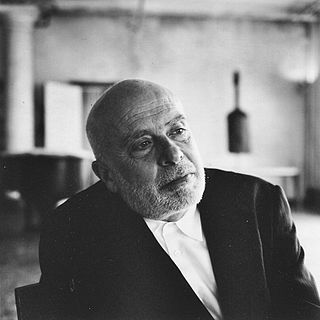A Quote by David Whyte
By definition, poetry works with qualities and dynamics that mainstream society is reluctant to face head-on. It's an interesting phenomenon that by necessity, poetry is just below the radar.
Related Quotes
That's one of those questions that would just love to have a pat answer. You know, poetry's job is to make us feel good. Poetry exists to allow us to express our innermost feelings. There isn't one role for poetry in society. There are many roles for poetry. I wrote a poem to seduce my wife. I wrote a poem when I asked her to marry me. Poetry got me laid. Poetry got me married.
Is beauty a reminder of something we once knew, with poetry one of its vehicles? Does it give us a brief vision of that 'rarely glimpsed bright face behind/ the apparency of things'? Here, I suppose, we ought to try the impossible task of defining poetry. No one definition will do. But I must admit to a liking for the words of Thomas Fuller, who said: 'Poetry is a dangerous honey. I advise thee only to taste it with the Tip of thy finger and not to live upon it. If thou do'st, it will disorder thy Head and give thee dangerous Vertigos.
We do have to learn poetry at school. Poetry is interesting to me, particularly Chinese poetry. It's like an ancient form of song. There's five sentences, seven sentences - they're very different from English poetry. Chinese poetry is much more rigorous. You can only use this many words, and they will form some kind of rhythm so people can actually sing it. To me, poetry is quite abstract but also quite beautiful.
Poetry is the most informative of all of the arts because everything comes down to poetry. No matter what it is we are describing, ultimately we use either a metaphor; or we say "that's poetry in motion." You drink a glass of wine and say, "that's poetry in a bottle." Everything is poetry, so I think we come down to emotional information. And that's what poetry conveys.
My goals as an artist have nothing to do with speaking to an audience. I love to have a good time, but when it comes to poetry I'm not really interested in writing poetry that seeks to entertain or operate safely within the mainstream and, to be clear, I'm not disparaging the really phenomenal work that does - it's just not my interest as a poet.
Poetry is difficult, I mean interesting poetry, not confessional babble or emotive propaganda. Reading a new poet is discovering an entire world, what Stevens called a 'mundo' and it takes a lot of time to orientate oneself in such a world. What we have to learn to do then, as teachers and militants of a poetic insurgency, is to encourage people to learn to love the difficulty of poetry. I simply do not understand much of the poetry that I love.







































